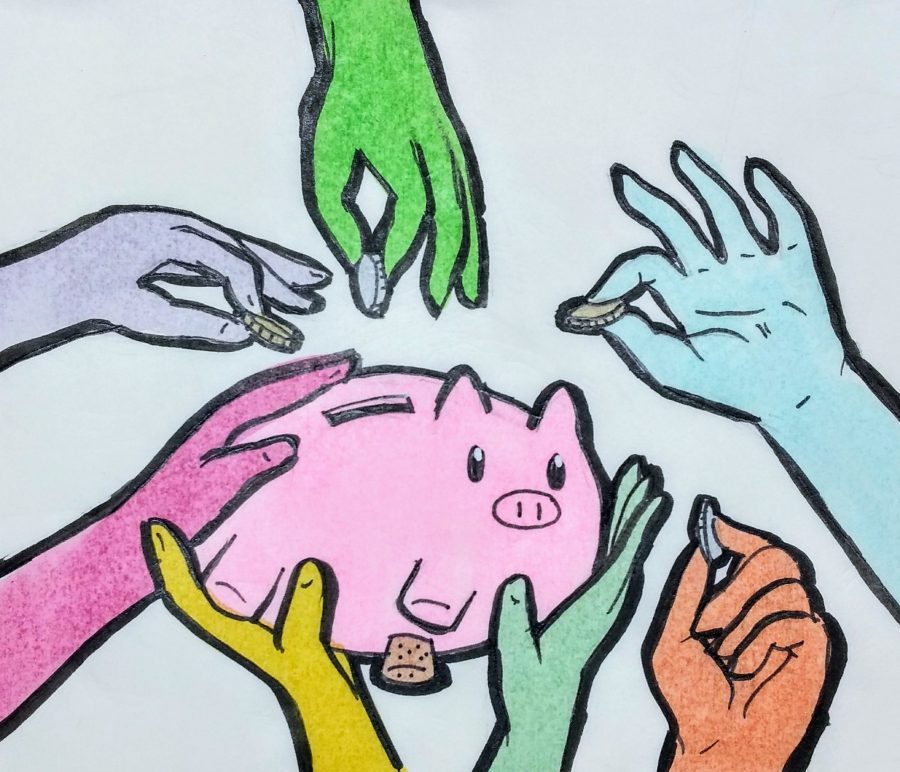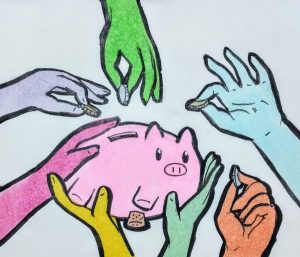UT releases $25.7 million in final round of HEERF block grants, students express relief
March 2, 2022
UT released $25.7 million in Higher Education Emergency Relief Fund block grants to students on March 2, the final round of debt relief provided by HEERF III, a University spokesperson said.
Over 27,600 students received between $250 and $2,500 depending on demonstrated financial need, said Kathleen Harrison, assistant director of University Communications, in an email. The money can relieve debts related to tuition, food, housing or other emergency expenses, said Harrison.
Advertising junior Athena Hoang said the HEERF funding she received last semester helped her pay rent for her apartment. She said the funds alleviated some stress and enabled her to work fewer hours.
“I’m able to take weekends off if I need to to focus on school,” Hoang said. “Previously, if I had a major test, I would just suck it up and still go to work. That’s why my sleeping schedule’s kind of (messed) up, because I have to finish all of these assignments on time.”
The funds were directly distributed to undergraduate students who met University leadership’s criteria, and all students were reviewed for eligibility at the time of disbursement, according to the Texas One Stop website. For students who have direct deposit set up, the money will be available in their bank accounts by March 10.
Gloriel Kazadi, an applied learning and development and psychology sophomore, has received multiple rounds of funding and said that as a low-income student, the money helps pay for rent and food.
“With the COVID situation, working is not really easy,” Kazadi said. “It was really nice to not worry too much about money because I had that extra to help me.”
This funding is the fourth round of emergency block grants distributed by UT since the beginning of the pandemic. Most recently, the University forgave $2.3 million in student debt through HEERF funding in December.
Hoang said because this round of funds was distributed later in the semester, some students were worried about being able to pay rent without knowing if they would receive support.
“I think a lot of students are on edge right now,” Hoang said. “Some students are at the point where they live paycheck to paycheck.”
Kazadi said hearing that the funds were going to be released this week was a relief.
“It’s nice to know that UT is doing something,” Kazadi said. “It takes a weight off of my shoulders.”
Because the federal program providing the funds to the University is not expected to continue, this will be the last round of block grants released to students who do not specifically apply for funding through the program, said Harrison. Students who are eligible for emergency grants will be notified about the application process later in the semester, Harrison said in an email.
Hoang said because the pandemic continues to cause supply chain disruptions and surges in cost, the University should find ways to continue to financially support burdened students.
“A lot of people have to be full-time students to get a scholarship, but they also have to work to support themselves too,” Hoang said. “Every single student deserves to not stress out about their next paycheck.”














